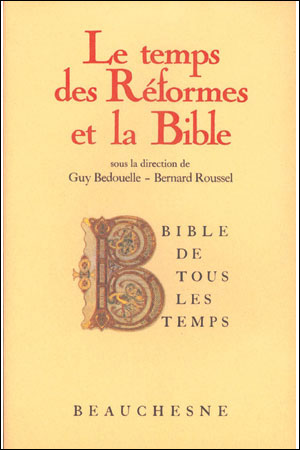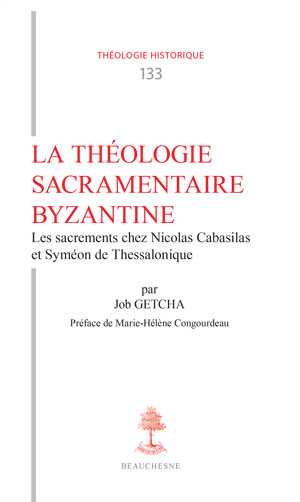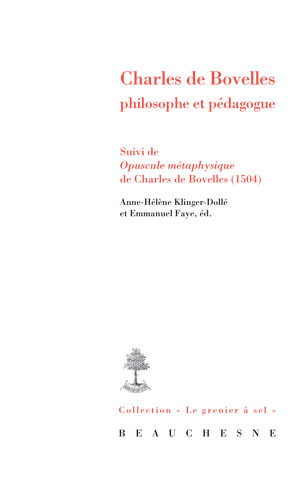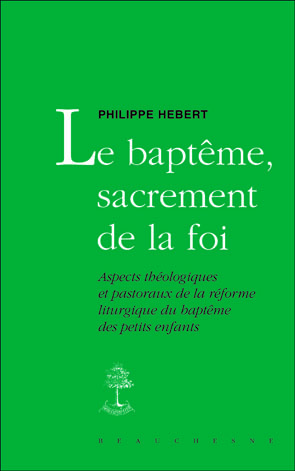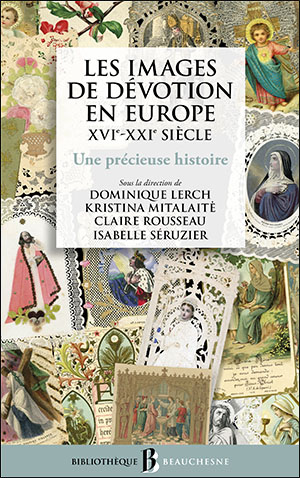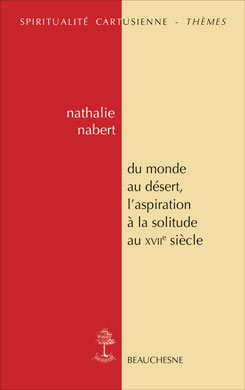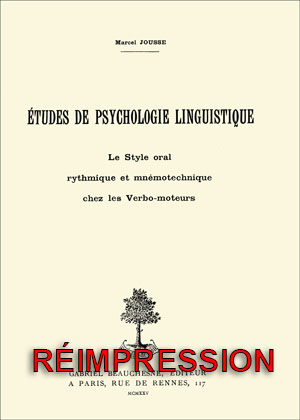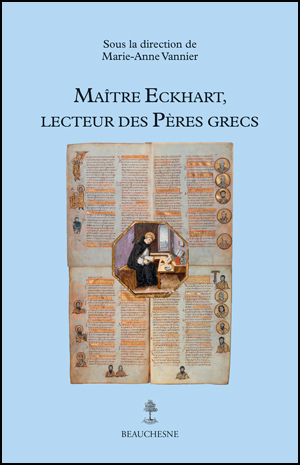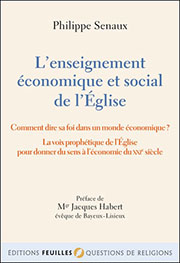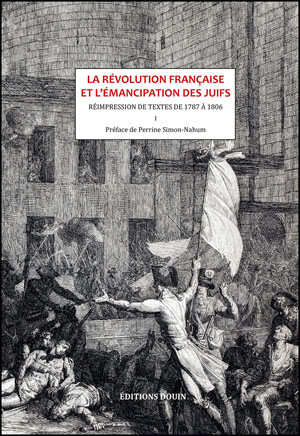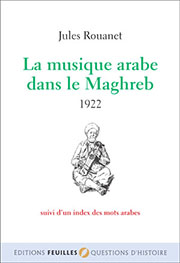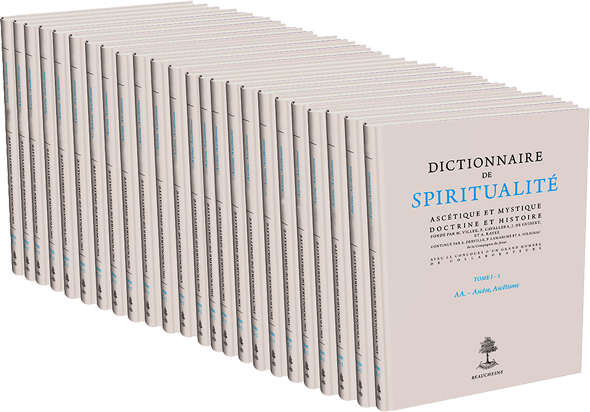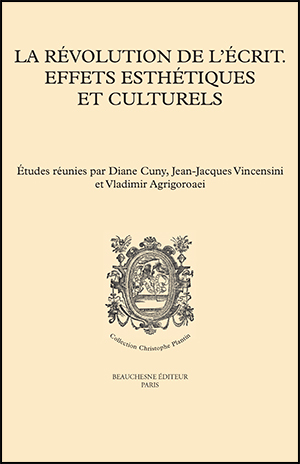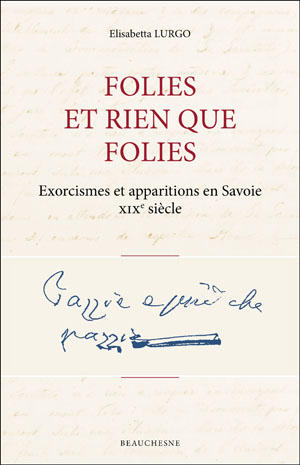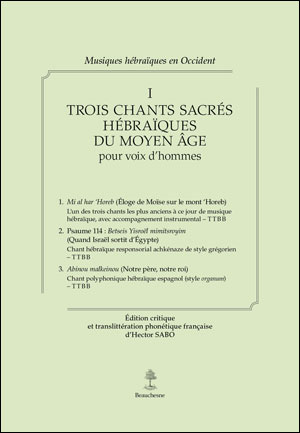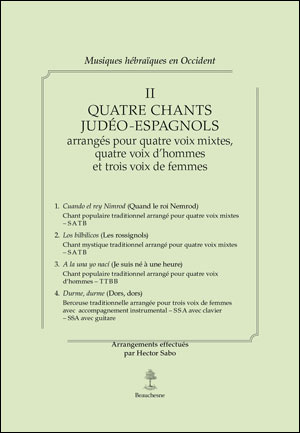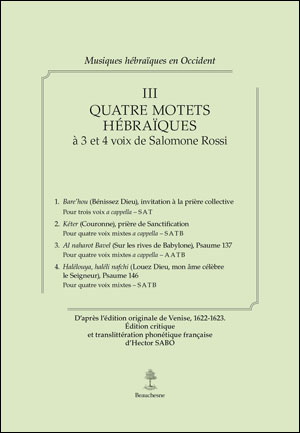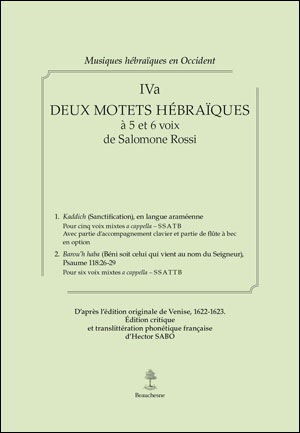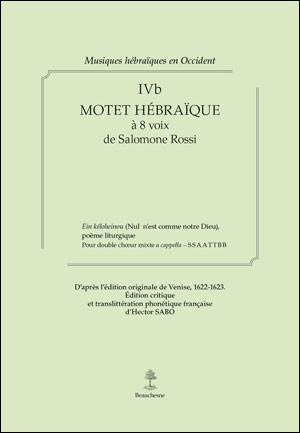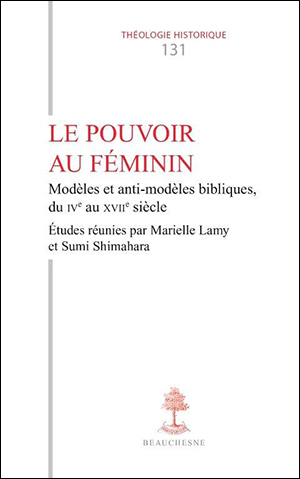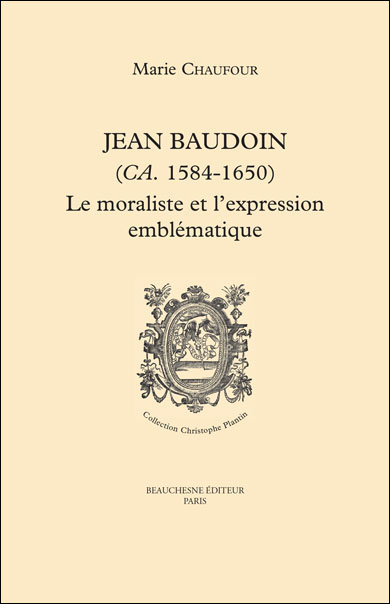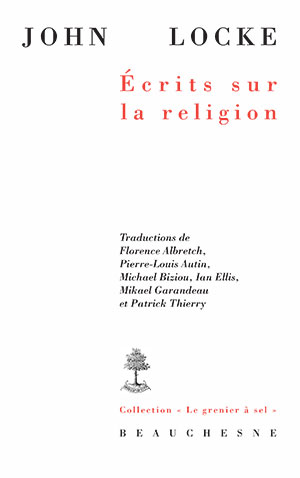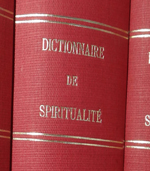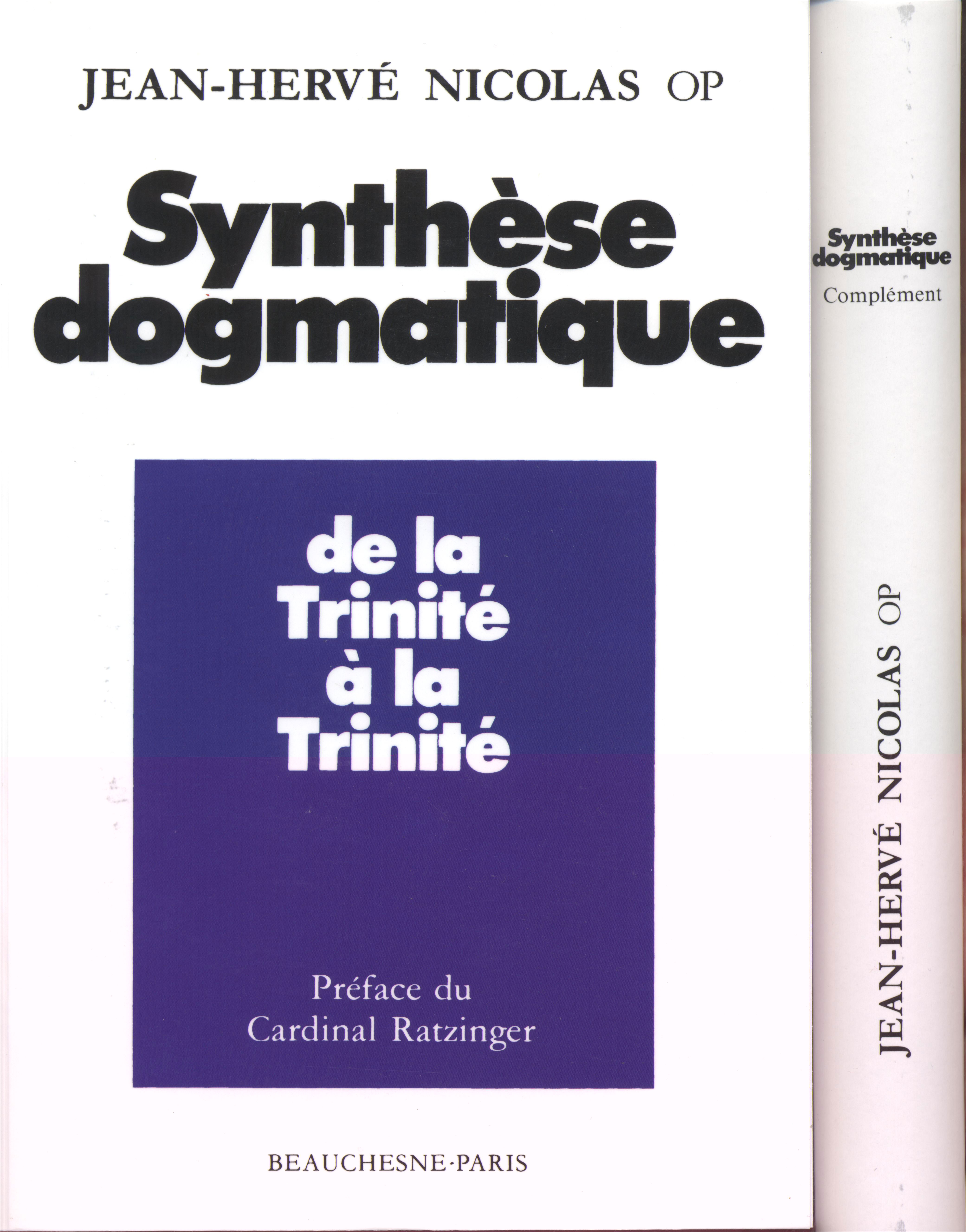85.00 €
BIBLE DE TOUS LES TEMPS N°5- LE TEMPS DES RÉFORMES ET LA BIBLE
Date d'ajout : mardi 22 août 2017
par Elsie MCKEE
CHURCH HISTORY, mars 1992
This solid tome is the fifth volume of an impressive eight part series on the history of the Bible and its use in the centuries from Christ to the present. The time frame for this volume is approximately 1450 to 1600. The text is divided into two major parts. The first and much longer section, written primarily by the editors, is a chronological and theological study. The knowledge of scripture in the late fifteenth century, the influence of printing and humanism, and an overview of the period 1530 to 1600, provide a context for chapters on books, authors, and readers, and discussions of different confessions. Part two, on the "Bible, Culture, and Society," is shorter and more diverse. A number of different authors treat questions ranging from science and politics, through pastoral concerns and mystical use of biblical themes, to the Bible and the fine arts: literature, drama, music, ad painting.
This book as a whole is a rich, encyclopedic study of various aspects of early modern involvement with the Bible. France figures in the center, although other parts of Europe receive some attention. At times the wealth of detail in the first part is almost overwhelming. In a number of chapters there are two levels of text : regular print for the general thread of the story, fine print for supporting detail and illustration.
In summarizing access to the Bible up to 1530, Bedouelle indicates a real evolution. Although decisive, the quantitative change (in terms of availability of texts of the Bible) was less significant than the intellectual, hermeneutical, and theological shift from a heavily annotated to a "bare" text (p. 18). Roussel, however, points out that the period 1530 to 1600 cannot be presented as a "progressivist" schema of accumulation of knowledge and refinement of methods (p. 127). A number of technical questions are treated in comparative fashion, but for the major issue of scriptural authority, separate chapters are devoted to Protestants, Catholics, England, the Orthodox world, and Jewish exegesis. Ways of commenting and translating, and the vexed issue of vernacular scriptures, are also considered. Almost the only place where "ordinary people"- including women-appear is a vivid chapter on "The Readers." A few stories illustrate the symbolic role the book of the Bible had come to have for readers like Marguerite Pierronne, who preferred martyrdom for herself to casting her Bible into the fire (p. 304).
The final third of Le temps des Reformes et la Bible is a readable anthology on the order of 'The Bible and ———" This reviewer found Andre Godin's chapter on Erasmus a deft and elegant selection. Margarete Stirm's discussion of "Les images et la Bible" is particularly illuminating in its succinct relating of theology and art. Space is lacking to cover all of this second part, but readers will find much for the artistic and cultural appetite.
As in any large work, there are inevitably some infelicities, which will appear to specialists in particular areas. For example, the comments on Calvin's view of Copernicus (p. 506) give no sign of taking into account recent revisions of older theories, while the judgment on Calvin's views of the role of scripture in politics (p. 554) seems curiously overstated.
Quibbles aside, this weighty volume should serve scholars and advanced students of the Bible and early modern history well, and many will find the second part to be especially enjoyable reading. The usefulness of the work is enhanced by a number of (monochrome) prints, and various bibliographies and charts. The editors are to be commended for a challenging task well done.
This solid tome is the fifth volume of an impressive eight part series on the history of the Bible and its use in the centuries from Christ to the present. The time frame for this volume is approximately 1450 to 1600. The text is divided into two major parts. The first and much longer section, written primarily by the editors, is a chronological and theological study. The knowledge of scripture in the late fifteenth century, the influence of printing and humanism, and an overview of the period 1530 to 1600, provide a context for chapters on books, authors, and readers, and discussions of different confessions. Part two, on the "Bible, Culture, and Society," is shorter and more diverse. A number of different authors treat questions ranging from science and politics, through pastoral concerns and mystical use of biblical themes, to the Bible and the fine arts: literature, drama, music, ad painting.
This book as a whole is a rich, encyclopedic study of various aspects of early modern involvement with the Bible. France figures in the center, although other parts of Europe receive some attention. At times the wealth of detail in the first part is almost overwhelming. In a number of chapters there are two levels of text : regular print for the general thread of the story, fine print for supporting detail and illustration.
In summarizing access to the Bible up to 1530, Bedouelle indicates a real evolution. Although decisive, the quantitative change (in terms of availability of texts of the Bible) was less significant than the intellectual, hermeneutical, and theological shift from a heavily annotated to a "bare" text (p. 18). Roussel, however, points out that the period 1530 to 1600 cannot be presented as a "progressivist" schema of accumulation of knowledge and refinement of methods (p. 127). A number of technical questions are treated in comparative fashion, but for the major issue of scriptural authority, separate chapters are devoted to Protestants, Catholics, England, the Orthodox world, and Jewish exegesis. Ways of commenting and translating, and the vexed issue of vernacular scriptures, are also considered. Almost the only place where "ordinary people"- including women-appear is a vivid chapter on "The Readers." A few stories illustrate the symbolic role the book of the Bible had come to have for readers like Marguerite Pierronne, who preferred martyrdom for herself to casting her Bible into the fire (p. 304).
The final third of Le temps des Reformes et la Bible is a readable anthology on the order of 'The Bible and ———" This reviewer found Andre Godin's chapter on Erasmus a deft and elegant selection. Margarete Stirm's discussion of "Les images et la Bible" is particularly illuminating in its succinct relating of theology and art. Space is lacking to cover all of this second part, but readers will find much for the artistic and cultural appetite.
As in any large work, there are inevitably some infelicities, which will appear to specialists in particular areas. For example, the comments on Calvin's view of Copernicus (p. 506) give no sign of taking into account recent revisions of older theories, while the judgment on Calvin's views of the role of scripture in politics (p. 554) seems curiously overstated.
Quibbles aside, this weighty volume should serve scholars and advanced students of the Bible and early modern history well, and many will find the second part to be especially enjoyable reading. The usefulness of the work is enhanced by a number of (monochrome) prints, and various bibliographies and charts. The editors are to be commended for a challenging task well done.
Moteur de recherche www.editions-beauchesne.com
Le moteur peut rechercher dans différents champs :
- Un nom d’auteur (AUTEUR)
- Un mot du titre (TITRE)
- Un ISBN
- Un mot du texte de présentation (TEXTE)
- Un mot du sommaire ou de la table des matières (SOMMAIRE).
La recherche dans les champs TEXTE et SOMMAIRE peut être un peu longue.
En cliquant sur un resultat la fiche du livre correspondant s'ouvre dans un nouvel onglet.
Search engine www.editions-beauchesne.com
The engine can search in different fields:
- An author's name (AUTEUR)
- A word from the title (TITRE)
- An ISBN
- A word from the presentation text (TEXTE)
- A word from the summary or the table of contents (SOMMAIRE).
The search in the TEXTE and SOMMAIRE fields may take some time.
Clicking on a result open the book's sheet in a new tab.

